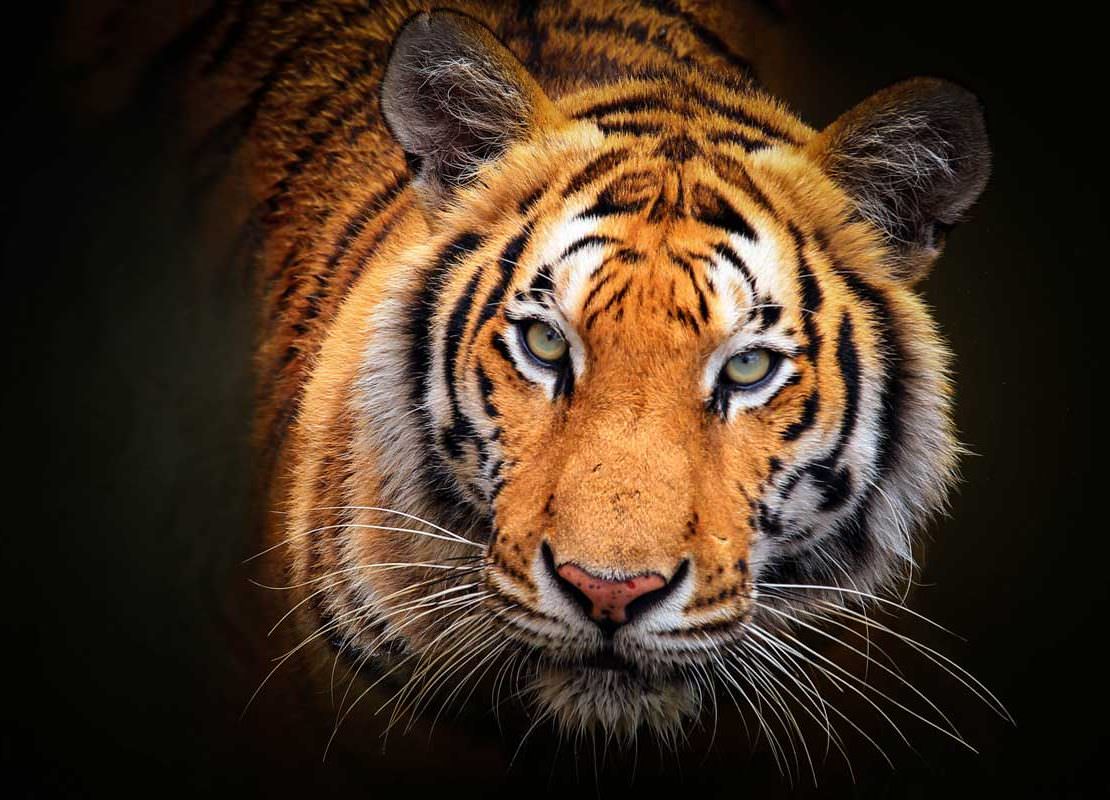“Our endless capacity for imaginative thought could be the surprise factor that gave rise to civilization” – Catherine Brahic (New Scientist Magazine)
We are constantly using our imagination. SO much so, that we can’t really count how many times a day we use it. Try it. Try counting each time you use your imagination, and I guarantee you will fail. Imagination is defined as “the ability to form new images and sensations in the mind that are not perceived through senses such as sight, hearing, or other senses” –Wikipedia. Basically it’s the ability to consider possibilities that we know aren’t true in the here and now. So whether you imagine riding a magic carpet, or imagine pushing a door before reaching one; you have used your imagination. As I write this article it’s just a series of imaginations becoming reality with every keystroke and every word I type. It’s so entwined in our mind that we do it automatically. And that’s what makes it very special.
“Imagination isn’t only useful to analyze future events, but is imperative for us to learn from our past mistakes.
Imagination isn’t only useful to analyze future events, but is imperative for us to learn from our past mistakes. For example you fail a job interview. You go over all the important things asked of you, how you replied, what the reaction of the interviewer was, and learn what to say next time. This counterfactual thinking is a kind of imagination that treads a fine line between the real and unreal. This way of analyzing past events is what has made humanity rocket to its success. Of course we have the opposable thumb, our bipedalism, language, an asteroid, and other lucky twists of fate to thank as well, but imagination may be “the fragile foundation on which human society is built” (Catherine Brahic)
I would also like to explore why childhood imagination is so important. Alison Gopnik (a psychologist and philosopher at Berkley) wants to know why children spend so much time immersed in play and crazy imaginary worlds when they already have so much to learn about the real world. Her studies show that their imaginary worlds help them study and assess a situation and all scenarios safely in their own head instead of facing real-life dangers. For example they can imagine being in the zoo and having a tiger’s cage open. If the door is locked then they are safe, but if the door opens and the tiger escapes then what happens?
Furthermore, almost all children have imaginary friends at some point in their lives. Turns out that is one of the healthiest things for them. Most children are aware of the fictional nature of these friends, and may have them until the day they die. Imaginary friends are “multi-purpose individuals” that support children as much as real friends or family. Furthermore, they are a way to safely explore the real world with a companion who offers another perspective; allowing them to relate to the mental states of others better. Therefore childhood imagination can be considered as a dress rehearsal for adult imagination.
“Human society is built upon imagination: Lines and boundaries of nations, tribes, religion, marriage, money, and law are all products of our creative thought.
Human society is built upon imagination: Lines and boundaries of nations, tribes, religion, marriage, money, and law are all products of our creative thought. “Without these imaginary structures, interactions within social groups are limited to being physical transactions between animals that exchange favors” –Catherine Brahic. This sobering reality is scary and fascinating at the same time. All of what we believe does not truly exist, and all we really are is single individuals floating between seven billion other individuals on a rock floating aimlessly through space. As I type this in a office I “own” in a country called Bahrain on the continent Asia in the English language under the protection of law I am truly grateful for our ancestors’ imagination that allowed us to get this far. So next time you open a door, or next time you want to see yourself as a success just remember: Without imagination we are nothing.

